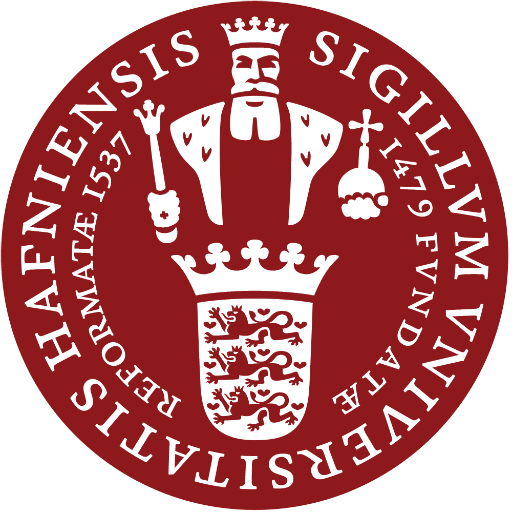PhD fellowship on ancient DNA and palaeoecology of Arctic marine mammals
We are looking for a highly motivated and dynamic candidate to fill a 3-year PhD studentship to work on ancient DNA of Arctic marine mammals. The project will be based at GLOBE Institute, University of Copenhagen, in the Molecular Ecology and Global Climate Change group led by Associate Professor Eline Lorenzen. The project is fully funded by the Danish Council for Independent Research (DFF – Sapere Aude Research Leader programme).
Our group and research
Research in the Lorenzen group operates at the intersection of several disciplines in evolutionary ecology: population genomics, molecular ecology, ancient DNA, palaeoecology. The group applies cutting-edge laboratory and computational genomic methodologies to investigate past and present population dynamics of large mammal populations in the wild, in both marine and terrestrial ecosystems. The findings are integrated with insights from other research fields within the Earth and Life sciences to understand species and community dynamics across time and space.
The interdisciplinary nature of the research means that the work is highly collaborative. The group is part of the GLOBE Institute, Faculty of Health and Medical Sciences at the University of Copenhagen, which is a world-leading research hub within ancient DNA research.
Project description
The Arctic is one of Earth’s most fragile ecosystems, and the scale of change taking place in the Arctic marine environment due to rises in temperature and loss of sea ice cover is overwhelming. The PhD fellowship will integrate palaeogenomics, palaeoecology, and palaeoclimatology to elucidate how climatic perturbations have affected the ranges and abundances of Arctic marine mammal species in the past.
The PhD project aims to retrieve ancient mammalian DNA from marine sediments and subfossil remains of Arctic marine mammal species to document their occurrence and diversity throughout the Late Pleistocene/Holocene. The DNA data will be combined with other proxy data on the timing and magnitude of changes in the abundance and species composition of organisms at the base of the food web (e.g. phytoplankton, sea ice algae, zooplankton), to investigate how past patterns of climatic shifts have impacted species, with the ultimate goal of improving our understanding of how these species might fare in the near future of increased global warming under different future scenarios of climate change.
The PhD fellow will be supervised by Associate Professor Eline Lorenzen and co-advised by Senior Researcher Sofia Ribeiro at the Department of Glaciology and Climate, Past Climate and Environments Research Group, Geological Survey of Greenland and Denmark (GEUS) also in Copenhagen.
Principal supervisor:
Associate Professor Eline Lorenzen, GLOBE Institute, elinelorenzen@sund.ku.dk, +45 26 70 10 24
Start: 1st September 2021, or as soon as possible thereafter
Duration: 3 years as a PhD student
Job description
Your key tasks as a PhD student at SUND are:
- Carry through an independent research project under supervision
- Complete PhD courses or other equivalent education corresponding to approx. 30 ECTS points
- Participate in active research environments including a stay at another research team
- Obtain experience with teaching or other types of dissemination related to your PhD project
- Write a PhD thesis on the grounds of your project.
Key criteria for the assessment of applicants
Applicants must have qualifications corresponding to a master’s degree related to the subject area of the project e.g. evolutionary genomics and ancient DNA. In this regard they must have demonstrable expertise with the generation of NGS based datasets, using for example Illumina technologies. They must also have documented prior experience in analyzing NGS data, using server-based software. Example analyses are using such data to undertake population and comparative genomic analyses.
Proficiency in English is required and excellent organization and communication skills are important. A positive attitude and motivation to actively contribute to a dynamic work environment are highly valued.
Other criteria of relevance are:
- The final assessment of their MSc thesis
- Professional qualifications relevant to the PhD project
- Previous publications
- Relevant work experience, including in genomics data generation and analysis
- Other professional activities
- Curious mind-set with a strong interest in evolutionary biology and population genomics
- Language skills.
For more information click "LINK TO ORIGINAL" below.
